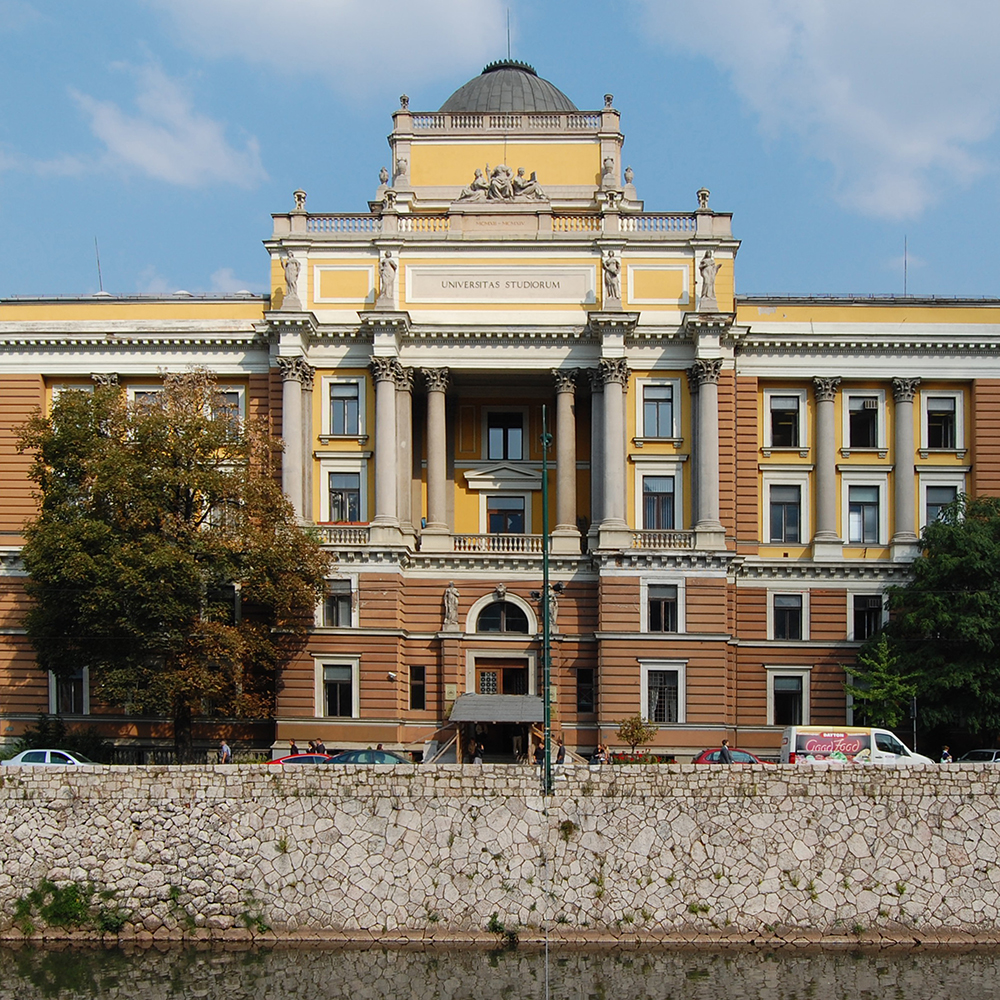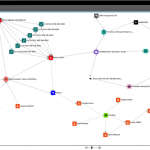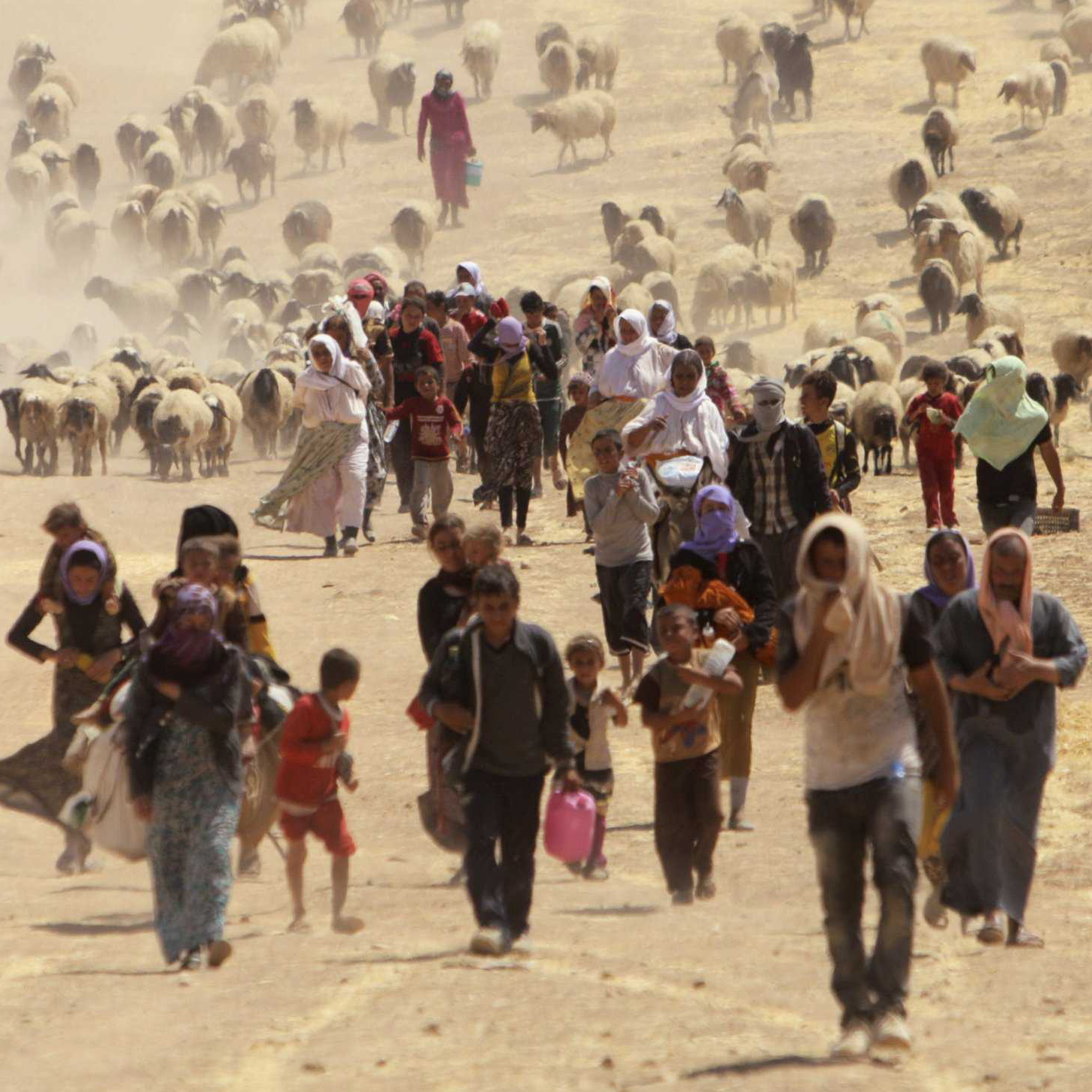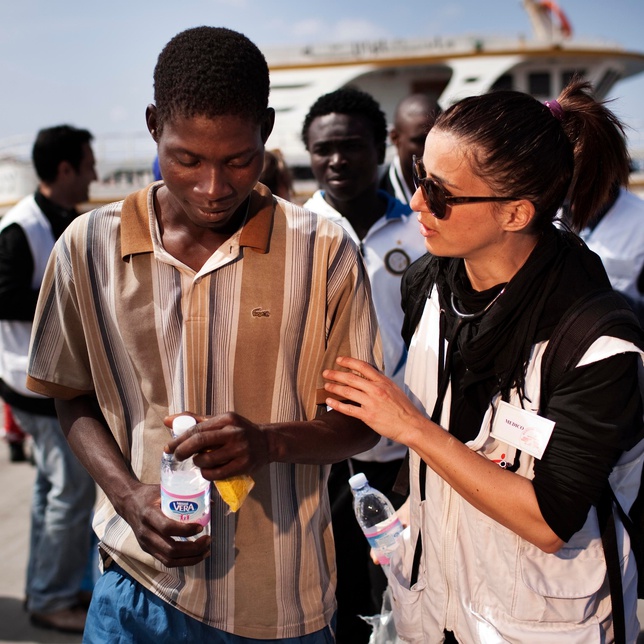
Research
Removing barriers for displaced academics
Researchers displaced due to conflict face a range of barriers when attempting to continue their professional pursuits in the country they have migrated to, removing these barriers is crucial for alleviating suffering and unleashing the potential of academics and students with unique backgrounds and perspectives.
12 September 2019

In the age of terror, are medical ethics a casualty of war?
Since the attacks of September 11, 2001, physicians serving under the direction of United States defense and intelligence agencies have at times been directed to act in ways that explicitly violate established medical ethics. The question is, is it ever acceptable for national security interests to trump ethical obligations?
6 April 2016

Are Pro-Government Political Militias Evidence of a Strong State?
The growth of pro-government political militias and unidentified armed groups has traditionally been associated with weak state capacity however, new research suggests this may be a method of institutional management and can be seen as evidence of a strong state rather than a fragile one.
13 March 2016

Opinion
Providing Safe Havens for Academics at Risk
"Where higher education is destroyed and a country’s academics and scientists are killed or scattered, its intellectual capital will be lost and its devastated society will be much harder to re-build".
17 February 2016

Border control fights back with cyber evidence
Border control agents require the eyes of a hawk, a good understanding of human psychology and endless patience. But even with these attributes, border control is still a gamble. How do you know you’ve stopped the right person?
8 December 2015

Solar Radiation Management Can Only Work if it Works for the Poor
A promising technology that aims to reflect a small percentage of sunlight back into space called Solar Radiation Management (SRM) could complement mitigation and adaptation in the fight against climate change.
1 December 2015

Why carbon pricing will not succeed
Is climate modelling for carbon pricing based on theoretical assumptions that are unlikely to hold in the real world? The benefits of carbon pricing are highly uncertain, and hence it is likely not the most effective way to tackle greenhouse gas emissions.
26 November 2015

Fragile States
The greatest migration since World War II is under way as refugees flow from Syria to both surrounding countries and Europe. Here we examine the role of climate change with regard to state fragility and migration, and propose three guiding principals for governments to follow when faced with complex and uncertain climate-related threats.
24 November 2015

Climate Change, Health, and Migration
In 2003, one million people fled Beijing during a SARS outbreak. In 2009, tens of thousands fled Zimbabwe during an outbreak of cholera. Anna Brach and Khalid Koser discuss how health crises arising from climate change are a significant driver of mass migration.
20 October 2015

Global Risk: the Wildfire in the Commons
What distinguishes many of today's problems from those faced by former generations? The interconnected nature of global issues like emerging bio-technologies and climate change raises the possibility of 'wildfire risks', where the actions of one can have a great impact on many.
24 June 2015

Marine Energy: Somewhere Beyond The Sea?
Marine energy has the potential to play a key role in the UK's energy mix in the coming decades, benefited by both its geography and its historical expertise. It is now critical that the necessary steps are taken to enable the technology to progress to the commercially viable stage, and realise its full potential.
22 June 2015

Opinion
Power to the People: Building local energy capacity
The challenge of moving towards a low carbon future is one now embraced by the political leaders of the G7, but how that path will unfold is still a live political debate. Local energy co-operatives offer a viable and progressive path to sustainability.
22 June 2015

The Gathering Storm
A rights-based approach to protecting victims of climate-induced displacement is needed; one which recognises entitlement to assistance and protection, and leverages opportunities for safe and dignified migration.
15 May 2015

How Much Surveillance Can Democracy Withstand?
We need to reduce the level of general surveillance, but how far? Where exactly is the maximum tolerable level of surveillance, which we must ensure is not exceeded?
1 June 2014

Space Biomedicine
With many distinctive technical challenges to be overcome, the spaceflight paradigm allows numerous psychological and behavioural aspects, as well as biological and physical systems to be examined under unique and unusual circumstances.
1 October 2013

A WMD Free Zone in the Middle East
Nuclear proliferation in the Middle East is high on the regional and international agenda. Fear of a nuclear arms race in the region driven by tensions between Iran and Israel, and continued mistrust surrounding the Iranian nuclear programme, threaten preparations for the upcoming Helsinki conference.
1 October 2013

Hope for Humanitarianism
Can humanitarian aid ever really be non-political? How far should NGOs go to avoid being drawn into the power-struggles inherent to warfare? And what happens when international organisations are denied access, and local communities become the only humanitarian actors?
1 October 2013

Digital Platforms and E-Bureaucracy in Participative Democracy
In times of widespread access to high speed internet and social media, one would expect that it is easy to reach out to millions of people and encourage them to participate in direct democracy – but experience so far has proven the contrary.
1 October 2013

International Cooperation and Competition in Space
International collaboration in space exploration has provided a platform for immense technological innovation and research that has benefited a range of scientific disciplines.
1 October 2013

Opinion
Sexual Harassment in the Workplace
The past half century has seen leaps in women’s working rights, yet statistics show that sexual harassment is still a pervasive threat in the workplace.
1 May 2013

Can We Make Our Demand for Food Sustainable and Secure?
Addressing over-consumption and waste are routes to reducing demand, but these probably won’t balance the need to produce more food. To what extent can we increase food production in a way that is both sustainable and secure?
1 January 2013

Learning From Nature
It is possible to conceive of a complete bio-inspired security system concept which is likely to be radically different from more conventional approaches.
1 January 2013

Geo-Science Versus the Nuclear Industry
The Japanese government and their domestic nuclear industry are facing a serious dilemma. While geologists caution about the risk of active seismic faults the electric power industry is pressing the need to restart nuclear power plants.
1 January 2013

Burying Our Nuclear Legacy
Geological disposal appears to be the best available approach to long-term nuclear waste management in the UK.
1 October 2012

Preventing State Conflict in Cyberspace
Can a normative solution to state-sponsored cyber attacks bring peace to cyberspace?
1 October 2012

Mental Health and the Military
Never far from the media spotlight has been the mental health of those presently serving in the armed forces, those who have served (veterans), as well as the wider military community.
1 October 2012

The Age of Minor Metals
Recent friction in the field of rare earths and platinum group metals demonstrate that it will be essential to find a mutually beneficial outcome for the mineral wealthy and the technology rich.
1 October 2012






